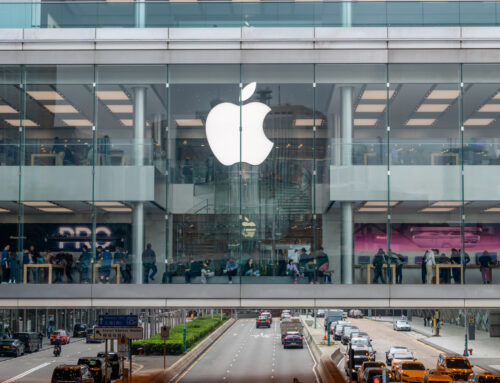United States President Donald J. Trump finally announced tariffs that will affect governments worldwide. China, Vietnam, and India are among the most affected countries. For Apple, this is terrible news, as these regions concentrated the company’s production, and it would make Cupertino considerably raise its product prices or lower its margin.
According to analyst Ming-Chi Kuo, among these three countries, only China won’t be able to avoid Trump’s tariffs, which means Apple will have to focus on increasing its production in India and Vietnam so it doesn’t have to raise its products’ price while also not lowering too much its margin of profit.
Kuo says that if things stay as they are, Apple will drop its profit by around 8.5-9%—quite a lot for the company and its shareholders. At this moment, only 15% of global iPhone production is expected to shift to India this year, which is up from 10-12% in 2024. The analyst writes: “Given China’s unlikely concessions to the Trump administration for tariff exemptions, Apple could reduce the gross margin hit to 5.5-6% without raising prices if India and Vietnam secure tariff waivers through new US agreements.”
If that happens, Apple might be able to boost iPhone production capacity in India to over 30% of the global supply, which would negatively impact gross margins by only around 1-3%.
Tech. Entertainment. Science. Your inbox.
Sign up for the most interesting tech & entertainment news out there.
By signing up, I agree to the Terms of Use and have reviewed the Privacy Notice.
The analyst says the timeline of tariff exemptions is still unclear. However, Apple would speed up its shift of assembly orders away from China until non-Chinese production can satisfy most US demand.
That said, Kuo believes Apple has multiple options against Trump’s tariffs. These are some: “In the US market, high-end iPhones account for 65-70% of new model sales, and high-end consumers are relatively more accepting of price increases. Apple could also use many strategies like increasing carrier subsidies or cutting Trade-In program discounts to offset tariff costs while softening the perception of price hikes.”
Another possibility could be Apple squeezing its supply chain, putting greater pressure on most suppliers to cut costs.
Wrap up
While Apple has acquired some defeats in the past few years, including its Apple Car plans canceled, lackluster Vision Pro sales, and half-baked Apple Intelligence platform release, the company, under Tim Cook’s leadership, can thrive around Trump’s tariffs and profit even in adversity due to the CEO’s knowledge of its supply chain.
Time will tell which way Apple will follow.


